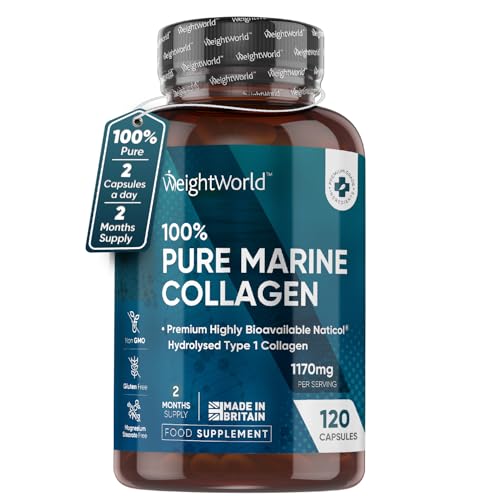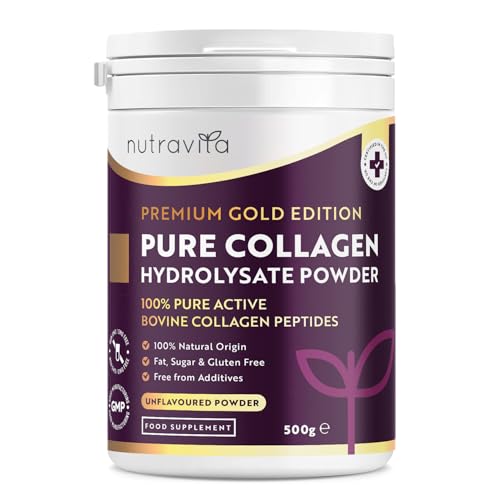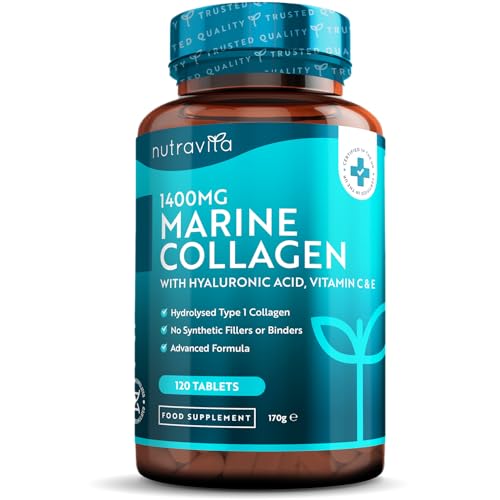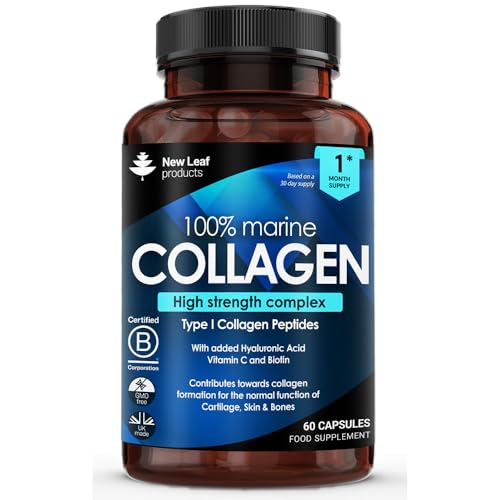Understanding Collagen: What It Is and Why It Matters
What is Collagen?
Collagen is a type of protein that acts as a building block for various tissues in our body, including skin, bones, cartilage, and tendons. It’s the most abundant protein in our bodies, making up about 30% of our total protein content. As we age, our natural production of collagen decreases, which can lead to various signs of aging, such as sagging skin and joints that may feel less flexible.
Why Collagen Matters
Understanding the role of collagen is crucial because it not only contributes to our physical structure but also supports overall health. When collagen levels start to decline, we may experience issues like joint pain or skin aging. Maintaining or boosting collagen levels can help mitigate these effects, ensuring we feel and look our best.
Types of Collagen Supplements: Choosing the Right Form for You
Different Forms of Collagen Supplements
Collagen supplements come in various forms, each with its unique benefits. The most common types are powders, capsules, and liquids. Powder supplements can easily be mixed into beverages or food, making them a versatile option. Capsules provide a convenient way to consume collagen without any taste or extra preparation, while liquid forms often offer faster absorption.
Collagen Types and Their Benefits
Collagen supplements are derived from multiple sources, including bovine, marine, and chicken sources. Bovine collagen is rich in types I and III, and is known for skin and bone health. Marine collagen, often sourced from fish, is also high in type I collagen and is preferred for skin health due to its smaller peptides, which may enhance absorption. Chicken collagen typically supports joint health and is rich in type II collagen, making it beneficial for those with joint issues. Choosing the right form depends on your specific health goals.
Benefits of Collagen: Skin, Joints, and Beyond
Collagen for Skin Health
One of the most noted benefits of collagen is its positive impact on skin health. Research suggests that supplementing with collagen can enhance skin elasticity, hydration, and overall appearance. People have reported a reduction in wrinkles and smoother skin texture after consistent use, making it an appealing option for those concerned with ageing.
Collagen for Joint Support
Collagen is equally important for joint health. The presence of collagen helps maintain the integrity of cartilage, which is crucial for joint function. Many people find that taking collagen supplements alleviates joint pain and stiffness, particularly those engaged in high-impact activities or experiencing arthritis.
Additional Health Benefits
Beyond skin and joint health, collagen supplements may aid in muscle mass gains, gut health, and even assist in weight management. With its supportive properties, collagen can contribute to a well-rounded approach to health and wellness.
How to Integrate Collagen Into Your Daily Routine
Easy Ways to Use Collagen
Incorporating collagen into your daily routine is quite simple. One of the easiest methods is to add collagen powder to your morning smoothie, coffee, or even your baking recipes. Because most collagen powders are tasteless and odourless, they blend seamlessly into your meals or drinks. Alternatively, if you’re taking capsules or liquids, you can simply incorporate them into your vitamin regimens.
Consistency is Key
For optimal results, consistency is vital. It’s recommended to take collagen supplements daily for several weeks to notice significant benefits. Keeping a regular schedule can make it easier to remember to include collagen in your routine.
Tips for Choosing High-Quality Collagen Products
Look for Sourcing and Purity
When selecting a collagen supplement, it’s essential to consider the source. High-quality products should clearly indicate whether the collagen is derived from grass-fed bovine, wild-caught fish, or other reputable sources. Checking for purity, such as third-party testing for contaminants, can give you added assurance of the product’s quality.
Consider Added Ingredients
Some collagen supplements come with additional ingredients that can enhance their effects, such as hyaluronic acid or vitamins C and E, which are known for their skin benefits. While extras can be beneficial, ensure that the primary product doesn’t compromise purity or quality. Always read ingredient lists carefully.
Price versus Value
Lastly, while price is a factor, remember that higher cost does not always equate to higher quality. Look for products that offer transparent information about their formulation and a clear understanding of their benefits, ensuring you’re getting good value for your investment.




































